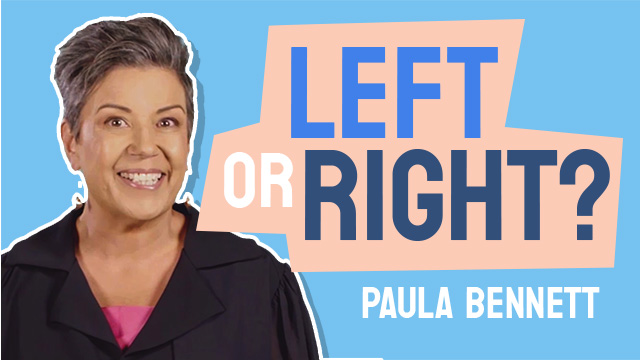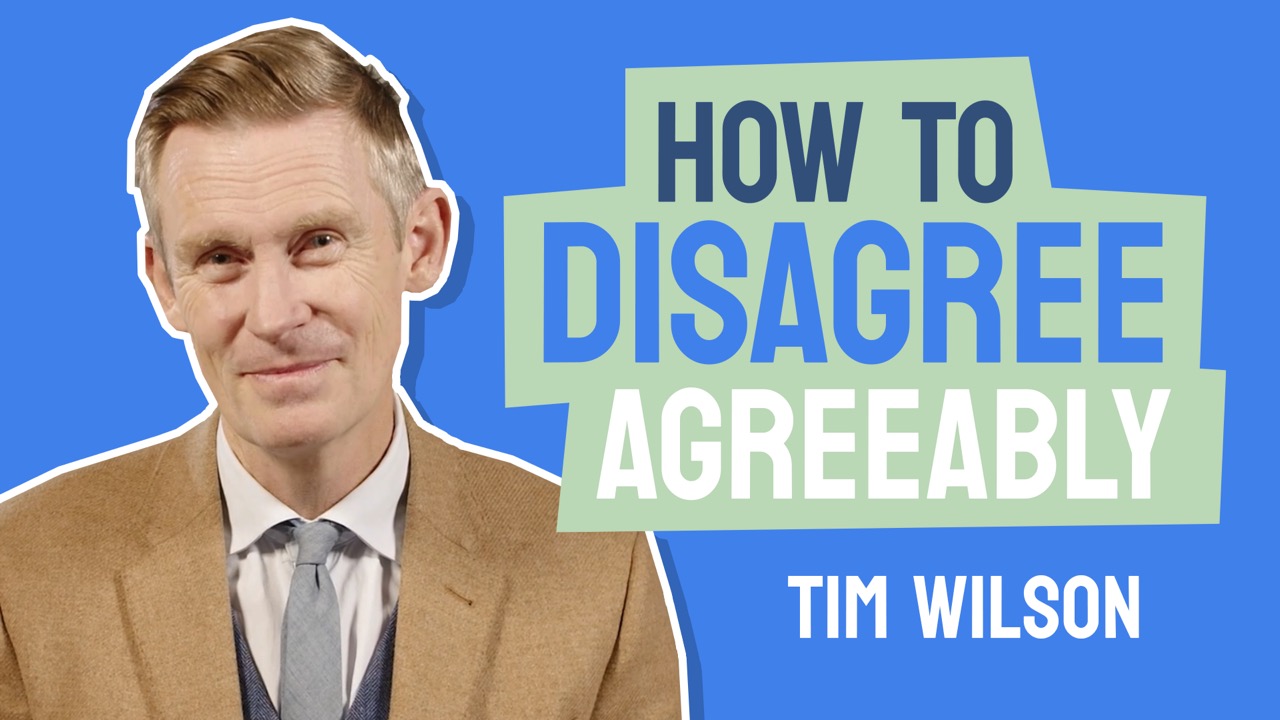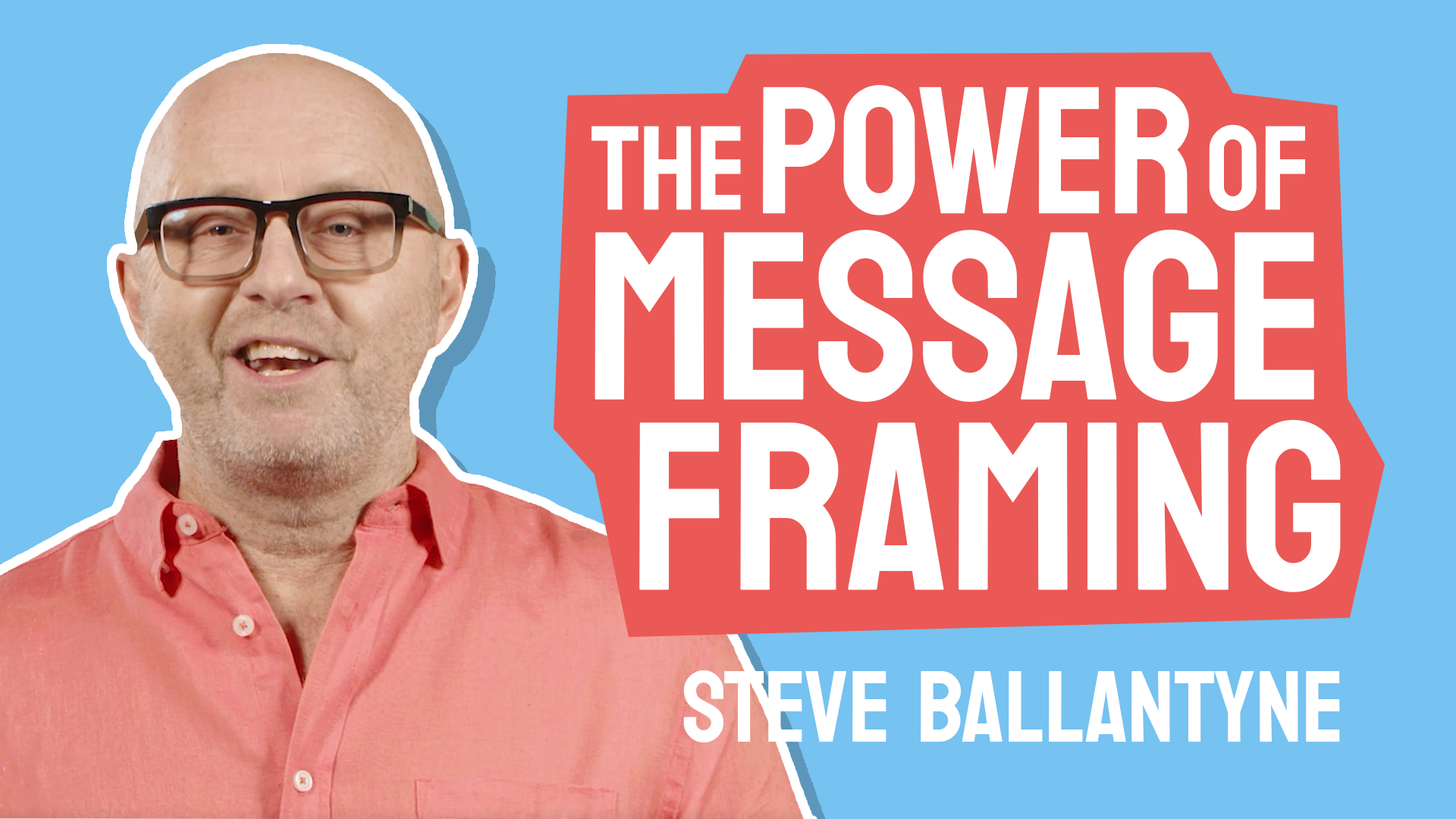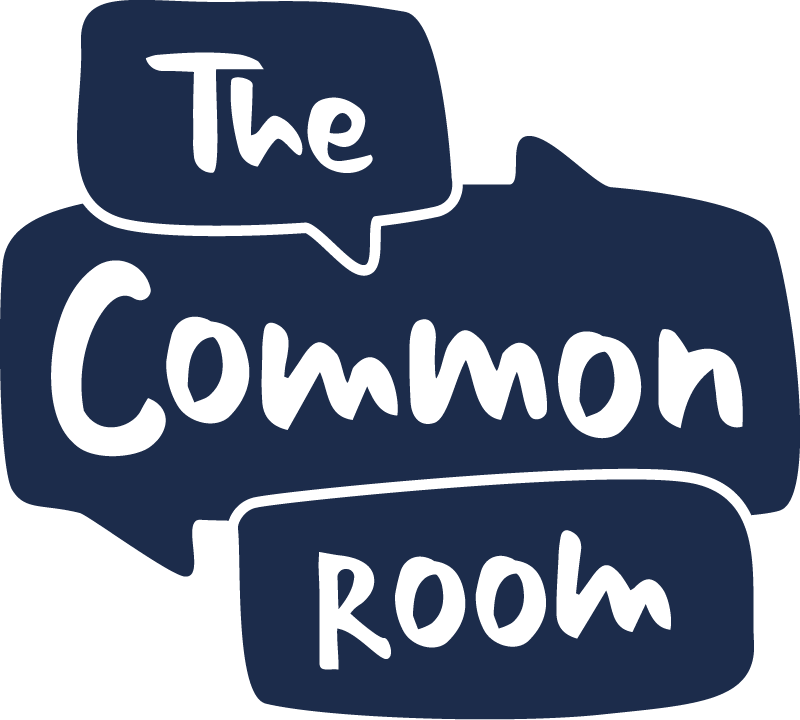The soft bigotry of low expectation
Agnes Loheni, Entrepreneur, Qualified Chemical Engineer, Mum of 5, and Former MP
20 November 2022, 11.9k views
I grew up fortunate, in stark contrast to many of my immigrant and second generation Samoan community today.
Growing up, no one told me that the system was against me because I was a Samoan. No one told me I was an impoverished child of migrants living in destitute conditions. No one said I needed to be taught differently from all other children because of my race.
I was not subject to the soft bigotry of low expectation that exists today. The soft bigotry of low expectation that rips hope from children, destroys faith in their ability to overcome life’s obstacles, creates jealousy and envy, and leaves children dependent on the whims of the State that says it knows better than their own families.
The soft bigotry of low expectation is the insidious little sister of hard racism. Where a racist will discriminate against me because of my race. The soft bigot believes that these same characteristics make me inherently disadvantaged, hence I need to be saved from the harsh reality of life by lowering the bar for me.
I’m Agnes Loheni, mother of five, married, a former politician, business owner, an entrepreneur, a qualified Chemical Engineer and proudly New Zealand Samoan.
My journey in life started on a path laid brick-by-brick by my Immigrant Samoan parents—a path of aspiration, resilience, hard work, compassion, and gratitude.
I grew up in a three-bedroom state house where Samoan was the only language spoken, the bible was the only book in the house, and where I shared a bedroom with my mum and dad and my two younger sisters. It was also home to 15 or more other family members. My grandmother, aunties, uncles, and cousins—pulling together, sharing resources, and supporting each other.
We didn’t have much money, but we were rich in family and full of hope. My father exemplified the value of hard work, taking on work wherever he could to provide for our family. It was a home where education was seen as the key to a better life. I was expected to work hard and do well at school. My father didn’t think I needed special treatment. He knew I could do it.
My mother was a dressmaker— she worked from home so she could look after my sisters and I, and also many nephews and nieces. The soft hum of her sewing machine running late into the night as I drifted to sleep is one of my lovely memories growing up as a child; that hum meant she was nearby.
Mum continually modelled generosity and compassion to my sisters and I. She used her sewing talent to provide but also to serve her community, her church, her family.
I’m the product of the compassion and gratitude my mother taught me and the resilience and hard work ethic my father instilled in me. I was given an excellent education for which I will forever be truly grateful.
Contrast today, where many of our children are inundated with messages that they will be preyed upon because of their race or other such perceived disadvantage. That any dreams or aspirations they might have for themselves must be tempered by a system that is rigged against them.
We are seeing a greater decline in school attendance from Māori & Pacific students. Are we surprised?
Narratives of envy and hopelessness lead to an insidious victim mentality that are perpetuated by those who say they care more and are genuinely concerned for the communities I grew up in— and results in an outcome that is infinitely worse than any hard bigot or racist could ever hope to achieve. As a society, we are quick to condemn hard bigotry. We have laws to address hard bigotry. But what about soft bigotry?
That soft bigotry of low expectation is the real injustice today to our marginalised communities. To take hopes and dreams away from a child through good intentions conflicts with the messages of aspiration, resilience, and compassion that I was exposed to growing up. It is the road to hell laid brick by brick with good intentions.
The antidote to the soft bigotry of low expectation is to not view children as identity groups that need to be solved but to see them as sovereign individuals with amazing potential to be realised. We need to raise expectations, but there must also be effective teaching so that they have the means to meet them.
Our children deserve to dream of their potential—of lives that can be anything they want them to be.
No child should be left in a blight of low expectations, shackled by illiteracy, and low self-esteem.
A prosperous future for our country will remain elusive unless every child of any background is taught to believe that he or she may flourish, thrive, and reach their full potential.
I’m Agnes Loheni for The Common Room.




